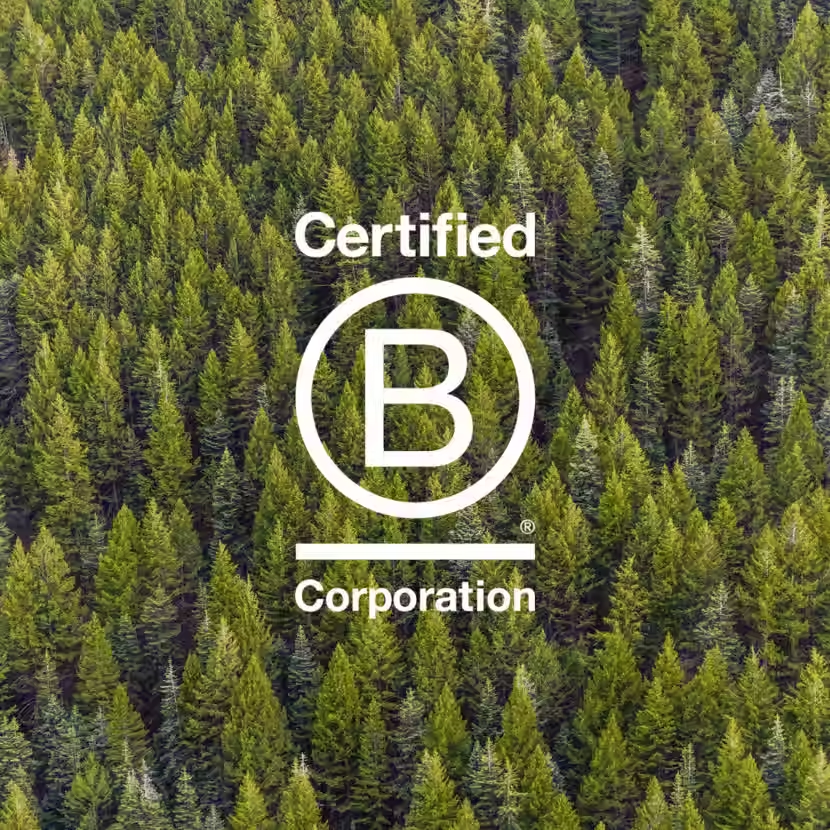How Simpler Recycling Regulations will impact the Events Industry in England
- christiannebeck
- Mar 24, 2025
- 2 min read

The events industry has long been a powerhouse of creativity, innovation, and unforgettable experiences. But there's an inconvenient truth we can no longer ignore: our events generate a staggering amount of waste.
UK festivals alone produce an estimated 25,800 tonnes of waste and 24,261 tonnes of CO2 emissions annually (Vision 2025, 2020). Conferences aren’t far behind, with each attendee generating approximately 2kg of waste and over 180kg of CO2 per day (McGee, 2016).
Now, the industry is at a turning point. With the Simpler Recycling regulations taking effect from 31 March 2025, all event venues and organisers must comply with new waste separation laws.
From 31 March 2025 all workplaces, including festivals, exhibitions, conferences, and trade shows, must separate waste into:
Dry recyclables (plastic, metal, glass, paper, and card)
Food waste
Residual waste (black bin, or general waste)
This is no longer just a moral or PR issue—it’s a legal requirement.
If you don’t comply, expect compliance notices, potential enforcement actions, and even public scrutiny—attendees and stakeholders will soon be able to report non-compliant events to the Environment Agency.
Beyond Compliance: A Call to Lead
Sustainability isn’t just about following rules—it’s about rethinking how we design and deliver events. At Worlds Better, we work with our clients to minimise waste at every stage, from planning to post-event breakdown.
Here’s a few ideas of how we approach it:
🚀 REDUCE – The best waste is no waste.
Rethink printed materials—can digital screens replace signage and programmes?
Cut unnecessary single-use items and choose suppliers who prioritise minimal packaging.
♻ REUSE – Waste doesn’t have to be waste.
Use storage inventories to repurpose existing materials instead of buying new.
Hire, don’t buy—staging, décor, and even furniture can be rented instead of discarded.
Food waste? Partner with organisations to donate surplus food.
Donate event materials for repurposing.
🔄 RECYCLE – Close the loop.
Work with waste management providers who track and report recycling outcomes.
Understand where your materials go—can signage, carpets, and plastics be repurposed?
Challenge suppliers to improve their own waste streams.
⚡ RECOVER – When recycling isn’t possible, energy recovery is an option.
Composting food waste is a must.
Residual waste can be converted into energy rather than ending up in a landfill.
🚫 LANDFILL IS NOT AN OPTION.
Know exactly what portion of your waste is heading to landfill—and ask why.
Push your waste provider to explore alternative solutions.
Take a hard look at your event’s supply chain—could landfill-bound items be eliminated entirely?
This Is Not Just Policy—It’s the Future of Events
The days of "out of sight, out of mind" waste management are over. Simply tossing rubbish into black bin bags and assuming it’s being handled responsibly won’t cut it anymore.
Event planners must ask tough questions:
✔ Where does our waste come from?
✔ Where does our waste actually go?
✔ Are our attendees and teams educated on waste separation?
✔ What happens when a recycling bin gets contaminated?
By embracing Simpler Recycling, the events industry has a chance to lead by example, showing that large-scale gatherings can be both spectacular and sustainable. This is more than compliance—it’s an opportunity to redefine what responsible event planning looks like.
So, the question remains: Are your events ready for the Simpler Recycling regulations?




Comments